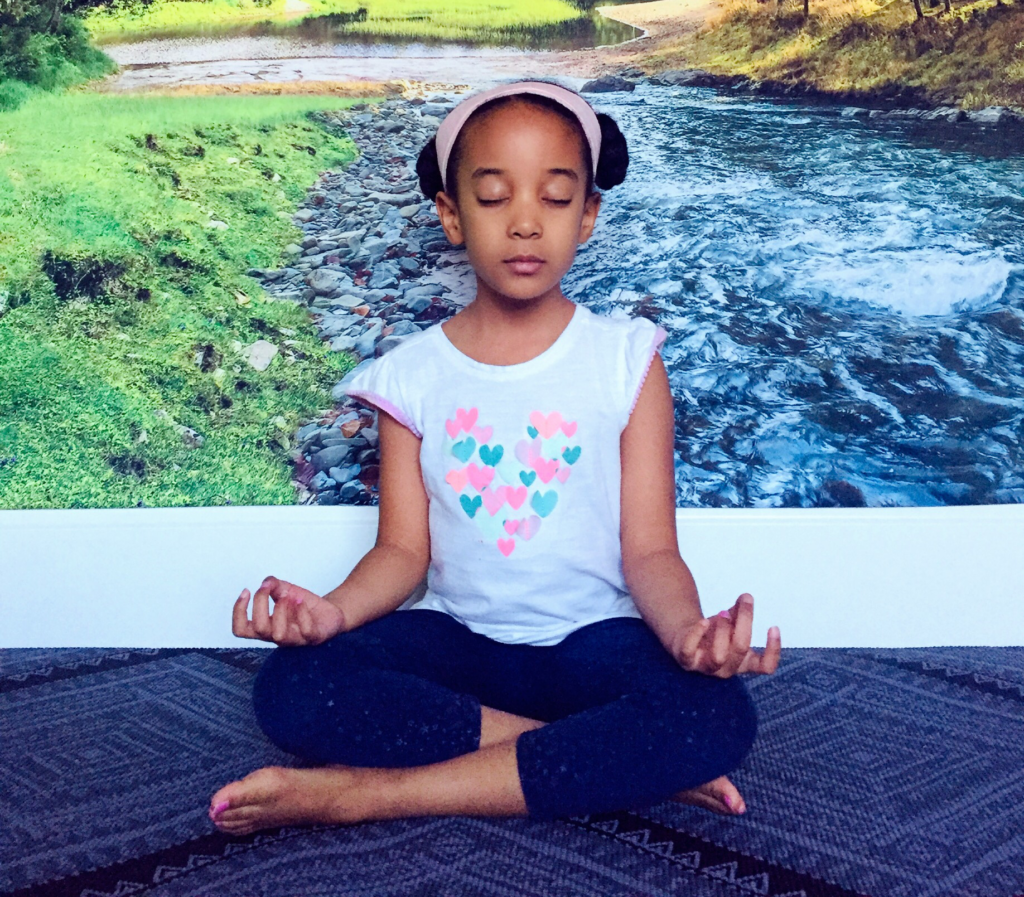THRIVE: How to Help Your Neurodivergent Child Reset and Recharge

If you’re like me, you may find it challenging to rest and recharge your batteries. I’m the type of person who goes until I can’t anymore. Recharging is active work; I can only do it by putting effort in. However, when I do take this time, it’s so beneficial to my overall mental and emotional health. The same can be true for kids. So why not incorporate a similar routine for neurodivergent children?
Here are some reasons why it’s essential to help your neurodiverse child reset and recharge.
Downtime
Neurodivergent children often face sensory overload, mental fatigue, and emotional dysregulation. This is why it’s crucial to incorporate intentional downtime—and identify when that works best for them. My children couldn’t be any more different from each other, which makes sense since my husband and I are opposites when it comes to our most productive time. I am a night owl, and my husband is an early bird. I often tell my kids I’m no good before noon. My son Jake mirrors me, as he prefers his time to connect in the late evening, while my daughter, whom I have nicknamed Sunshine, is a morning person. Intentional downtime works best for her in the morning before she starts her school day, while my son likes his at night before bed. Be mindful to pick a time that works best for your child and not just for you. This teaches them that downtime is for them and no one else. Downtime can be reading a book or listening to music. The main goal is not to become attached to the constant need for motion or action.
Home Environment
Creating a calming, sensory-friendly space in your home is another essential component to help neurodivergent children recharge. In my book, The Neurodivergent Home, I talk about how children’s different sensory needs can dictate whether or not their home is peaceful or chaotic. Neurodivergent children may have other sensory and environmental needs. While you may perceive your environment as calming, it may not feel that way to them. I seek dark and moody to recharge, while my daughter prefers bright. Observe your child’s behavior in different settings to determine when they’re at their best and take notes about that environment. In this space, you can provide quiet activities or items like weighted blankets or soft lighting to help them regain focus and emotional balance. My son has a lot of energy and needs his environment to be interactive, so his space has a mini trampoline and crash pads. My daughter likes her space to be relaxing, with the ability for her to crochet, read, or create art. When decorating a new space or creating a different routine, consider what’s best for your neurodivergent child and not for you.
Mindfulness & Emotional Well-Being
Did you know that science has proven mindfulness is an effective strategy for achieving well-being? I won’t geek out and bore you with all the scientific data, so here’s a super brief synopsis of the article Effects of Mindfulness on Psychological Health: A Review of Empirical Studies, published by the National Library of Science.
“Evidence from correlational research suggests that mindfulness is positively associated with a variety of indicators of psychological health, such as higher levels of positive affect, life satisfaction, vitality, and adaptive emotion regulation, and lower levels of negative affect and psychopathological symptoms.”
Raising neurodivergent children means constantly coming up with ways to help them navigate a world that can be difficult and stressful. When you equip them with mindfulness and relaxation techniques, like deep breathing and guided meditation, and teach them to manage stress and self-regulate, you’re helping them advocate for themselves and become more independent. This enables neurodivergent kids to proactively “reset” when they feel overwhelmed and prioritize their own emotional well-being.
BEA MOISE is a board-certified cognitive specialist, author, neurodiversity coach, and consultant for both individuals and businesses. She’s also a featured expert for NBC News; the neurodivergent expert for Verizon; and the author of Our Neurodivergent Journey, The Neurodivergent Home, and Neurodiversity and Technology: Neuroscience-Led Strategies for Parents. She and her husband are parents to Jake, who is awesomely autistic, and Abby, who is simply marvelous. Follow her UNIQUE parenting channel on YouTube or on Instagram@beamoiseauthor.









